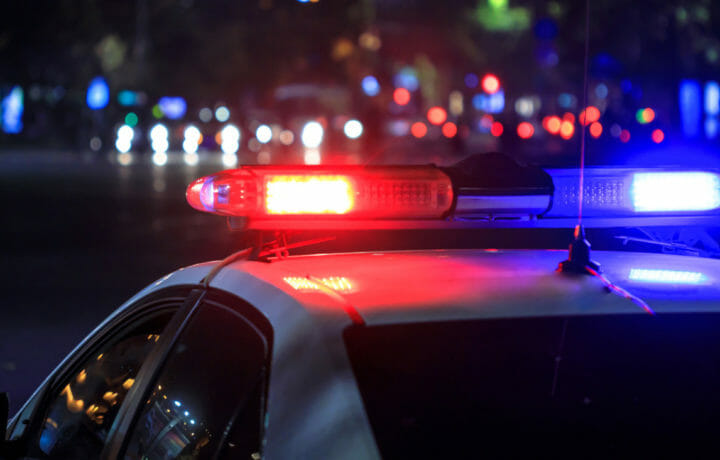Police officers perform a variety of functions beyond crime enforcement. One of those functions – and one that can be as dangerous as a traffic stop or responding to a crime report – is the request to perform a wellness check. Wellness checks may be requested if someone suspects a family member – or anyone – may be in danger or at risk. If a wellness check is requested by the family member of a security clearance holder will this affect their security clearance?
One ClearanceJobsBlog subscriber writes:
“Hello, I was wellness checked by my wife. She tried to call the dispatcher and retract her call but the police came at the home and asked for me. I spoke to them and she mentioned she didn’t file charges and said that she spoke to me and we resolved our verbal issue. She told them that she didn’t have an immediate threat but they still wanted to see/speak to me. They gave me a number and asked for my name and birthday and hers too. I was not arrested. Will I lose my clearance? They said this will be on her record as well as mine. If I wasn’t arrested and she didn’t file charges and said “sorry to waste resources”, why was I given a number?”
If you are a current clearance holder, it is safest to report the incident to your security officer. Like all issues, it’s not a single issue itself that is a security clearance concern, but how an issue relates to the totality of a person’s character under the whole person concept. Because the individual was provided a report number, it’s safe to assume the police are filing a report and the incident may come up under Continuous Vetting. Not reporting the incident in that case would certainly create more issues beyond the individual incident itself.
What is a wellness check?
A wellness check, also known as a welfare check or Safe and Well check, is a service provided by police to check on the safety of a person. It’s a consensual encounter that can be requested by a friend or family member who is concerned about someone’s wellbeing.
Reasons for a wellness check include:
- Potential suicide
- Drug overdose
- Mental health
- Child endangerment
- Elderly people
- Young people at risk of suicide
- A reasonable belief that a crime has been, is being, or is about to be committed
To request a wellness check, you can contact your local police dispatcher. The dispatcher will gather information to help the officer understand the circumstances. When the officer visits, they will confirm the person is safe and well, and may leave them where they are. If the person is in distress or needs assistance, the officer can provide immediate help, call for medical professionals, or leave resources if the situation is resolved. If there’s no response after knocking on the door, the officer may be able to search the property, as permitted by law.
This question was posed from a subscriber at ClearanceJobsBlog.com, where you can read and discuss government security clearance process, how to get a security clearance job, and background investigations issues.
Much about the clearance process resembles the Pirate’s Code: “more what you’d call guidelines than actual rules.” This case-by-case system is meant to consider the whole person, increase process security, and allow the lowest-risk/highest-need candidates to complete the process. This article is intended as general information only and should not be construed as legal advice. Consult an attorney regarding your specific situation.




